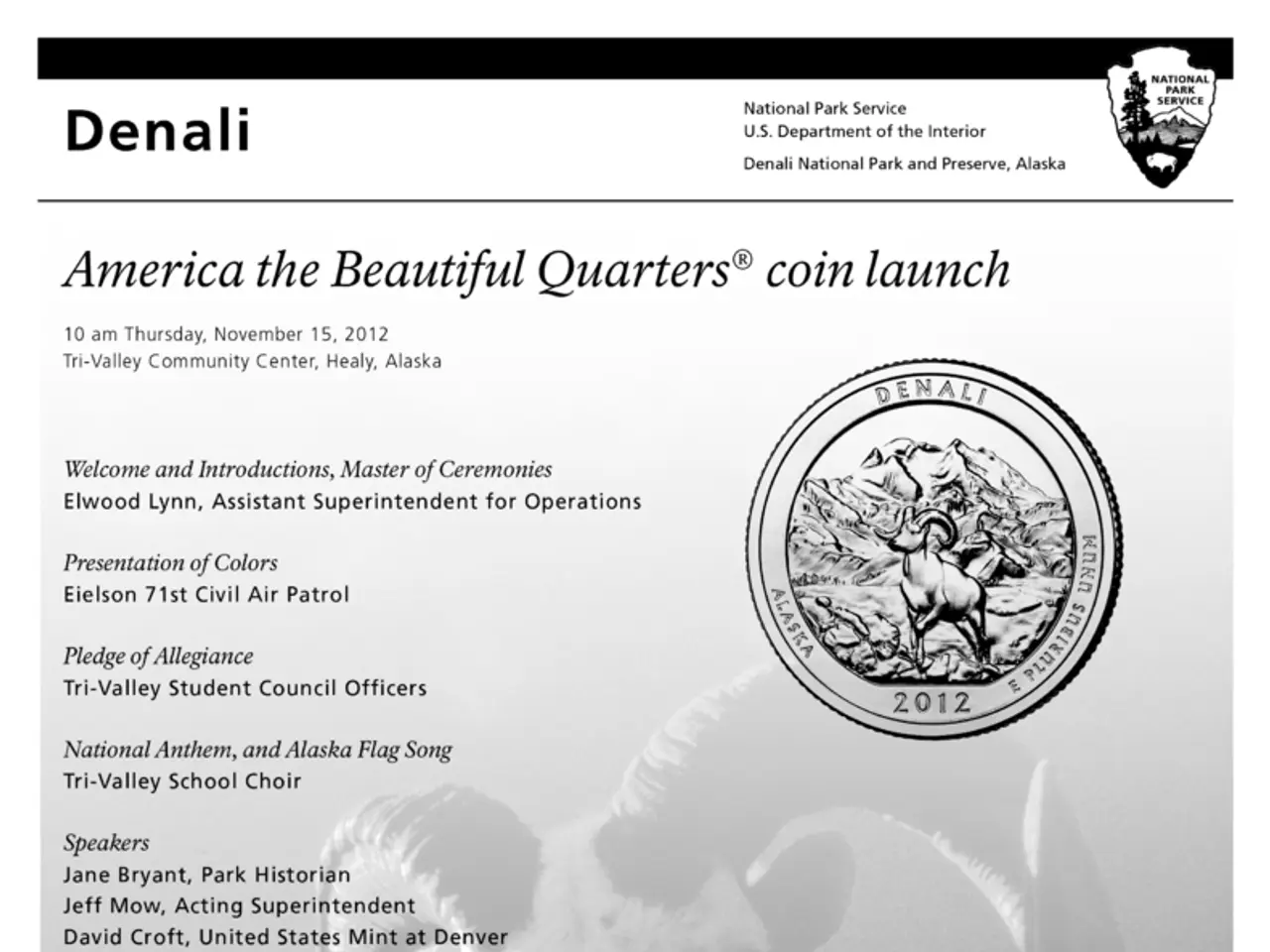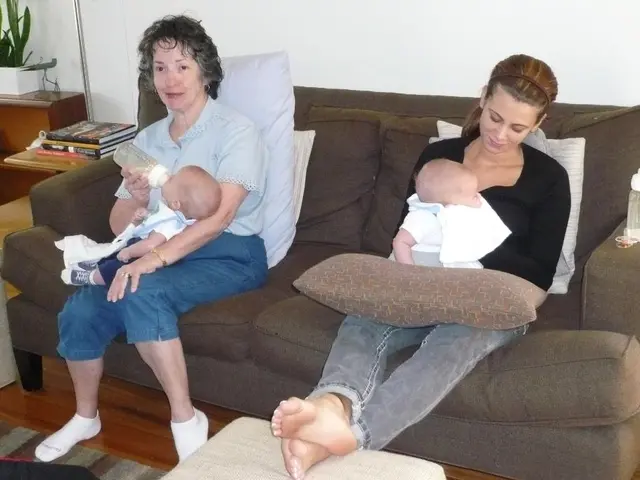Youth of African descent believe they hold the power to bring about change, yet our educational institutions seem to offer little support in realizing this potential.
In an era where political polarization and distrust in public institutions are reaching new heights, programs like Democracy Prep Public Schools and Generation Citizen are offering a transformative approach to civic education for Black youth. These initiatives emphasize agency, leadership, and real-world impact within communities, recognizing that civic participation is not just about what one knows, but also about what one does, believes, and shows up for.
Democracy Prep Public Schools, a national network of tuition-free public charter schools, integrates civic education deeply into its curriculum. Alumni of Democracy Prep are 16 percentage points more likely to register to vote and 12 percentage points more likely to vote than their peers who did not attend the network [1]. This suggests the program's effectiveness in fostering sustained civic engagement among Black youth.
Generation Citizen complements this by providing hands-on, community-based civics programming to over 33,000 middle and high school students annually. Their approach empowers students to identify local community issues, develop policy proposals, and present these directly to public officials. This experiential learning deepens young people’s understanding of their civic roles and boosts their skills; 90 percent of Generation Citizen students report increased civic skills following participation [1].
Both programs advocate a broader conception of civic education—not merely about knowledge but also about belief in one’s agency and active participation in community life. This approach is especially critical for Black youth, who have historically faced exclusion from full civic participation and whose potential is often underestimated or marginalized in traditional education systems [1].
More broadly, the recognition of community- and youth-centered civic education aligns with calls for schools to partner integrally with families and grassroots organizations, creating holistic support for Black youth that extends beyond the classroom. Such partnerships acknowledge and build upon the existing leadership and resilience within Black communities [4].
The metrics, curricula, and education policy priorities in the U.S. should support project-based civic assessment, fully funded state-issued civic seal programs, and teachers' professional development. Black teens were more likely than their peers to engage in nearly every form of civic action measured [2]. Ignoring the public contributions and lived wisdom demonstrated by Black youth risks reinforcing outdated narratives [3].
Funding civic internships, student leadership councils, and school-based organizing opportunities is important for historically marginalized communities. Forty-two percent of Black youth say they believe there are ways they "can have a say in what the government does" [3]. Implementing culturally responsive, participation-driven civics that equips students with the tools and confidence to make change is crucial.
In summary, Democracy Prep Public Schools and Generation Citizen provide rigorous, affirming, and action-oriented civic education that equips Black youth to understand, engage with, and transform their communities. These programs highlight the importance of expanding civic education definitions and access for historically marginalized groups.
[1] Wilkes, A. (Chief Policy and Advocacy Officer, Generation Citizen) [2] Duroseau, R. (Senior Director of Civic Learning, Democracy Prep Public Schools) [3] National Assessment of Educational Progress (NAEP) Civics Assessment [4] Generation Citizen's Impact Evaluation Report [4] The Education Trust's "Raising the Bar for Black Students" report.
- The inclusion of innovation within education policy, such as the program offered by Democracy Prep Public Schools, might give Black youth a higher chance to actively participate in civic engagement.
- Effective education policies should prioritize experiential learning, like that provided by programs such as Generation Citizen, to reduce educational inequality and foster personal-growth and self-development among Black youth.
- Integrating education-and-self-development opportunities like Democracy Prep and Generation Citizen within higher education would help ensure that education is accessible and supportive for all, especially historically marginalized communities.
- Programs that focus on community- and youth-centered civic education, like Democracy Prep Public Schools and Generation Citizen, have the potential to significantly contribute to reducing the persistent inequality in civic engagement among Black youth.







